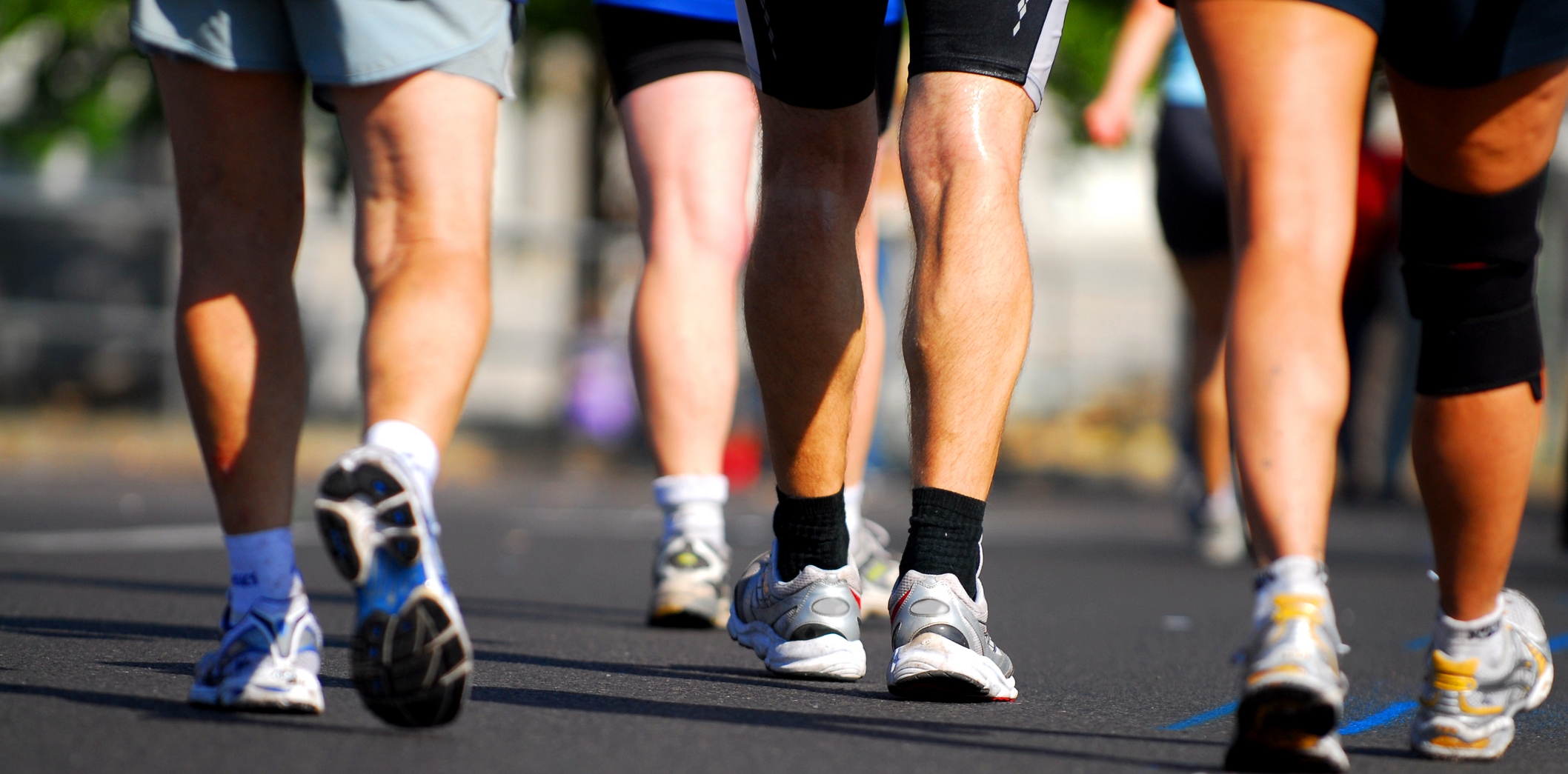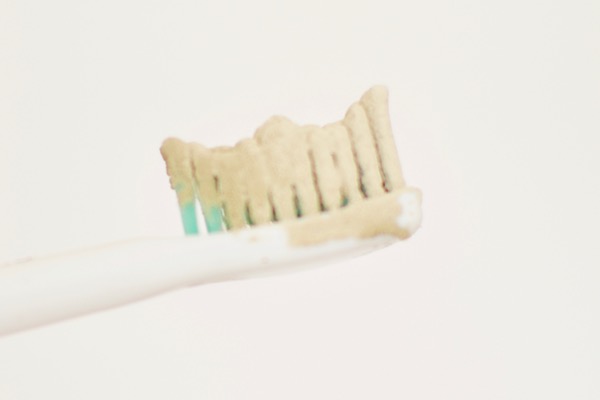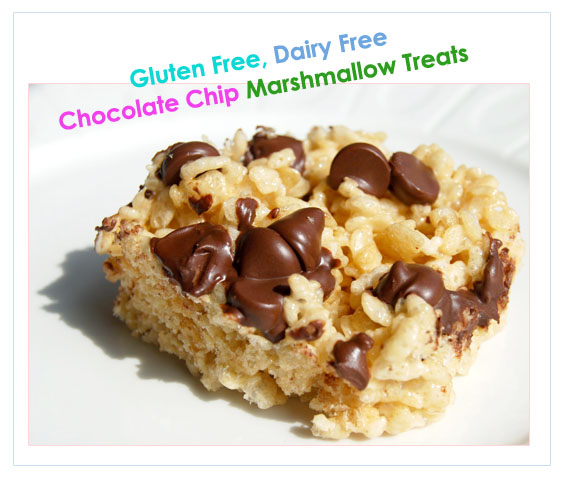The numbers are a lot higher than you’d expect!
Antidepressant medications come in , and are used to treat everything from Major Depressive Disorder to Bipolar Disorder to seizures and convulsions. The sad truth is that they are prescribed A LOT more commonly than you might expect!
A recent article on NBC News found that one out of every six American adults take some form of antidepressant medications. That’s more than 16% of the American population popping a pill of some sort—often a pill they don’t really need! The Anxiety and Depression Association of America estimates that only 6.7% of the U.S. population truly suffers from Major Depressive Disorder. That’s 15 million adults, but still far fewer people than are taking antidepressants. Looking at the statistic cited above, that’s close to 10% of the American population taking medications they may not truly need.
Who is taking most of the medications? Not surprising, Caucasian Americans are taking far more of the medications than the other races—20.8% of the white population in America is on antidepressants. Less than 9% of African Americans are taking antidepressants, and that number drops to 5% among Asian Americans. White Americans are definitely getting close to “overdoing it” on antidepressants.
What’s worse is that the use of these medications isn’t just a short-term thing. Of the psychiatric drug use reported in 2013, a staggering 84.3% of users had already filled out three prescriptions before the year ended. Either that, or they had been taking the medication—regularly or off and on—since 2011. That’s close to three years of antidepressant use among eight out of every ten medication users.

READ MORE: FDA Approves The Ultimate Morning After Pill
Pretty scary statistics, if you think about it. A lot of the drugs being taken—such as Valium, Xanax, and others—encourage the formation of habits. People come to become dependent on those drugs, and feel like they can’t function without them. It’s basically forming addictive habits for the treatment of depression, rather than trying to “get high”. But is there any difference? If you’re dependent on anything, it’s just as dangerous an addiction as anything else!
So what can be done about this? How can we, as a society, cut back on the use of antidepressants and limit their use only to situations where they are “necessary”? It all starts with proper education—learning the truth about depression and anxiety disorders, and how they can be managed WITHOUT the use of medications. There are a number of disorders that do not require pharmaceuticals, but can be managed through at-home strategies and daily changes in your habits.
For those who do require medications like antidepressants, it’s vital that you work closely with a doctor to monitor any symptoms of your anxiety or depressive disorders to ensure that you’re not becoming addicted to the antidepressants. It’s easy to rely on a medication to “help you deal with your problems”, but there are many things you can do to take control of the situation on your own. You may need the medications, but they shouldn’t be your ONLY solution.
The blame lies with medical professionals as well. The fact that they profit from prescribing medications means they may be pushing patients to take drugs that aren’t strictly necessary. Our culture of “fix it quick” is definitely one of the things that have contributed to this problem with excessive medication use. By changing our approach to dealing with mood disorders, we can find a way to pair the effectiveness of antidepressants with lifestyle changes that can lead to improvement in the long term.








